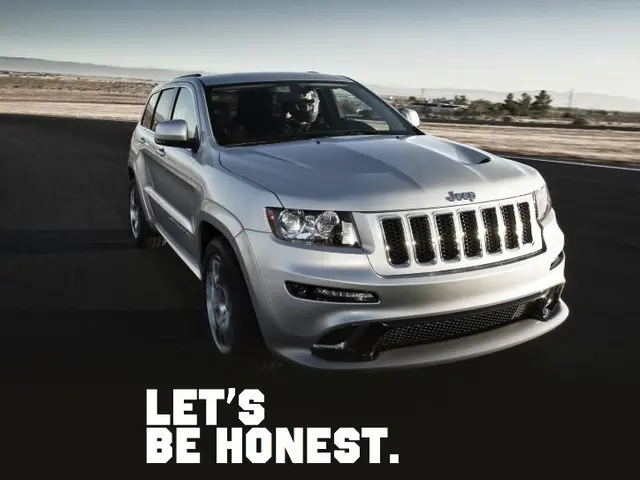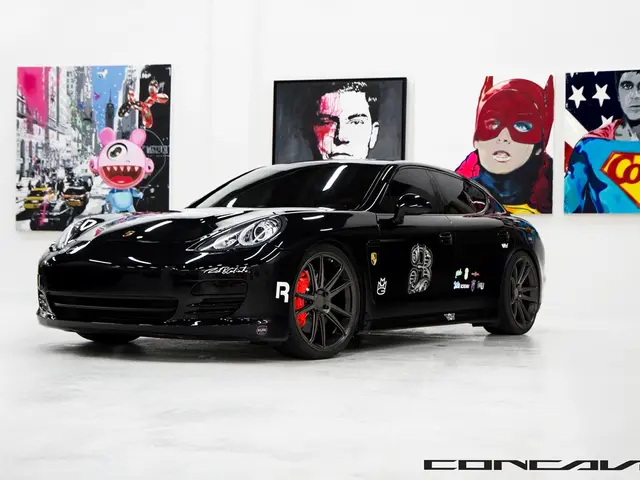This specific Volkswagen model is not currently available for purchase.
The Volkswagen ID.Buzz has so far failed to meet sales expectations, causing Volkswagen to lower its price. This electric minibus, designed as a modern tribute to the classic VW Bus, has faced hurdles due to certain disadvantages when compared to other EVs and conventional vehicles.
Underperforming Sales
The specialist magazine Auto Motor und Sport reports that only around 29,000 ID.Buzz units were sold worldwide last year, significantly below Volkswagen’s projections. Some of the key reasons contributing to these sluggish sales include its high price and limited range, hesitancy in buying electric vehicles, and competition from other automakers.
Other Factors to Consider
- Over one-quarter of worldwide car sales are now EVs
- Volkswagen in negotiations with the US government over potential investments in America
The ID.Buzz: Strengths and Weaknesses
While the ID.Buzz has some positive aspects, such as its distinctive design, innovative technology, and environmentally-friendly features, it also has drawbacks. Its limited range and high price make it seem less appealing to buyers seeking more affordable and practical options in the electric vehicle market.
Volkswagen Reducing Costs
In response to weaker than expected sales, Volkswagen has reduced the cost of the ID.Buzz to stimulate demand and clear inventory. The current entry price is around 50,000 euros.
Euro NCAP Crash Test Results
In the Euro NCAP crash test, a standard procedure for testing vehicle safety, the ID.Buzz received top marks for its high safety ratings and numerous assistance systems. It is also available as a seven-seater.
Alternatives to the ID.Buzz
A popular alternative to the ID.Buzz is the Mercedes-Benz V-Class, which offers a more flexible interior design, a greater model variety, and a more high-quality interior. Although the Mercedes V-Class is not cheaper than the ID.Buzz, it provides a higher-end feel and practicality for many potential buyers.
In comparison:
| Features | Volkswagen ID.Buzz | Mercedes V-Class ||----------------------|-----------------------------------------|--------------------------------------------|| Electric Options | Fully electric | Offers both gasoline and diesel options with mild hybrid technology (no electric version available yet) || Design | Unique retro design | Modern, versatile design || Range | Limited electric range | Higher range with internal combustion engines || Price | High-priced | Priced competitively for its segment || Market Appeal | Niche appeal, specifically to EV enthusiasts | Broader appeal due to versatility and conventional powertrains |
While the ID.Buzz appeals to those interested in electric vehicles with unique designs, the Mercedes V-Class offers more practicality and versatility, making it a strong competitor in the market for passenger vans.
- Volkswagen's ID.Buzz, despite its innovative technology and environmentally-friendly features, has struggled to meet sales expectations, with around 29,000 units sold worldwide last year, falling short of Volkswagen’s projections.
- The high price and limited range of the ID.Buzz make it less appealing to buyers looking for more affordable and practical options in the electric vehicle market.
- In an effort to boost sales, Volkswagen has reduced the cost of the ID.Buzz, with the current entry price at around 50,000 euros.
- While the ID.Buzz received top marks in the Euro NCAP crash test for its high safety ratings and numerous assistance systems, it has stiff competition from alternatives like the Mercedes-Benz V-Class.
- The Mercedes V-Class, with its more flexible interior design, greater model variety, and higher-end feel, provides a practical and high-quality alternative to the ID.Buzz, with its unique retro design, but at a higher price point.







